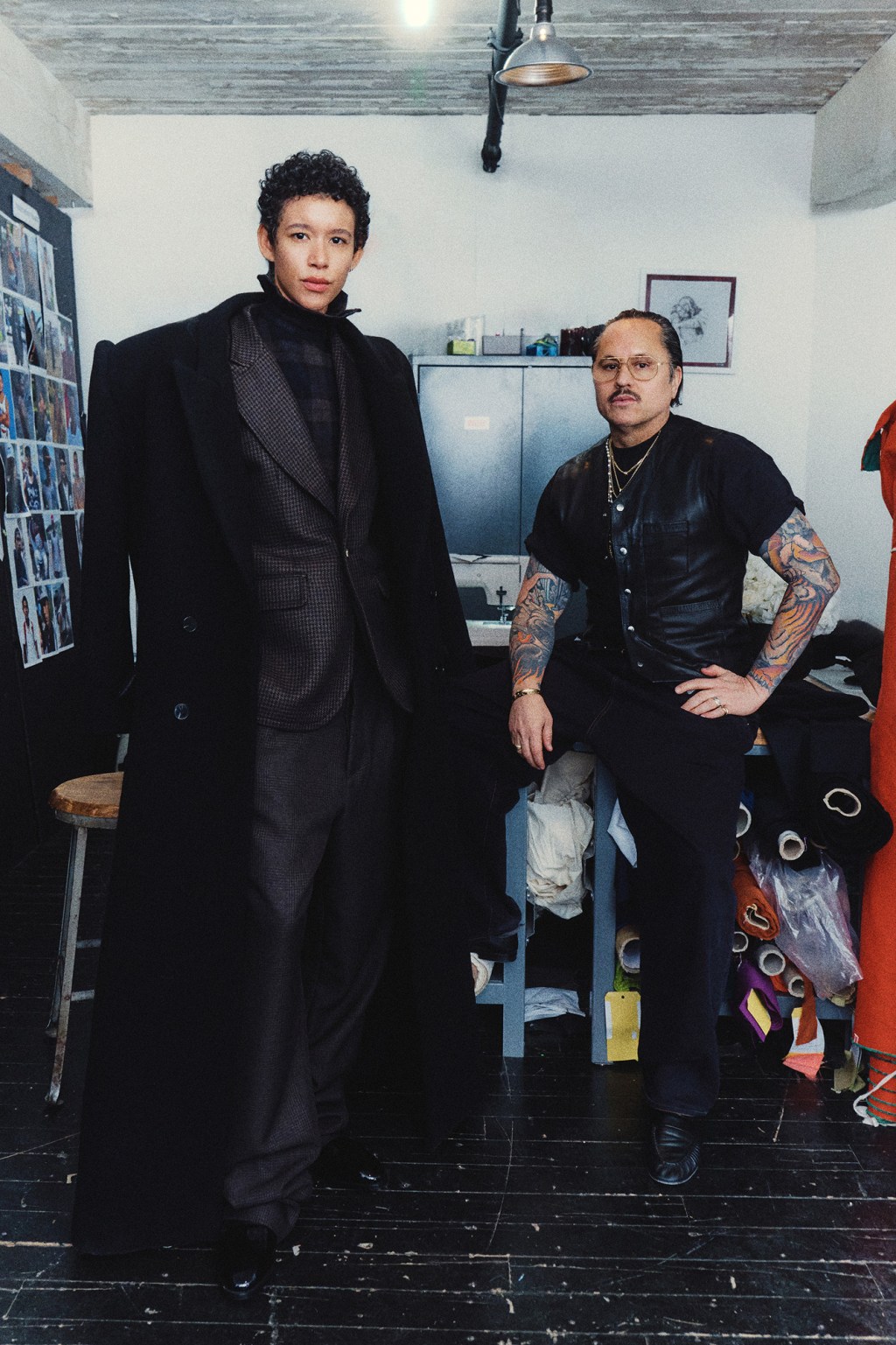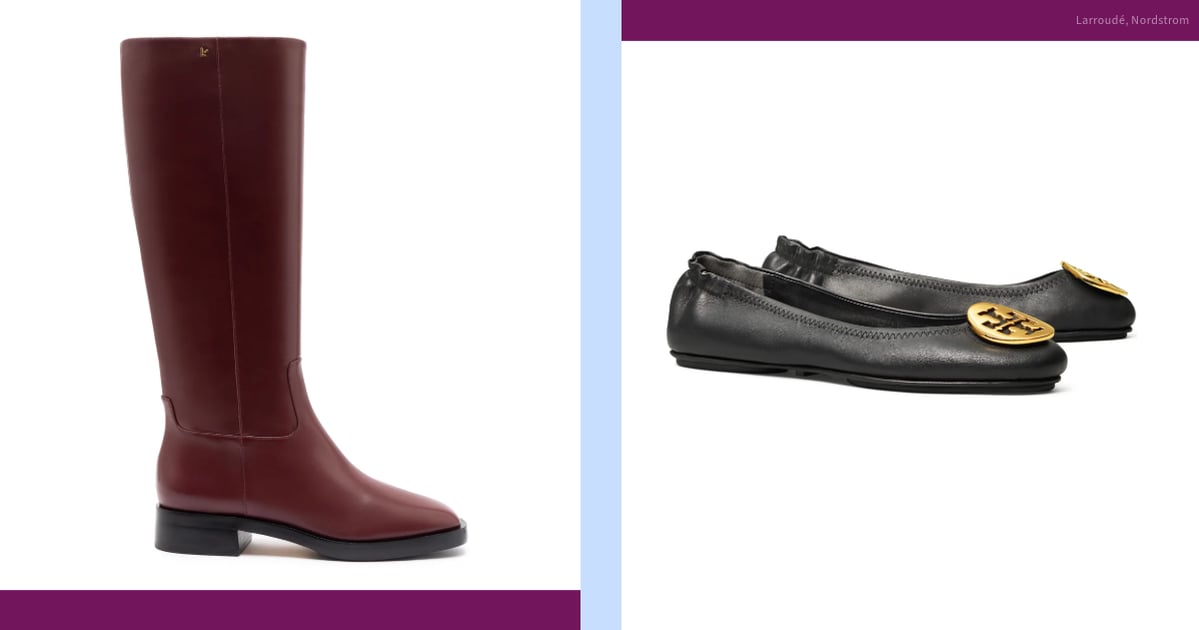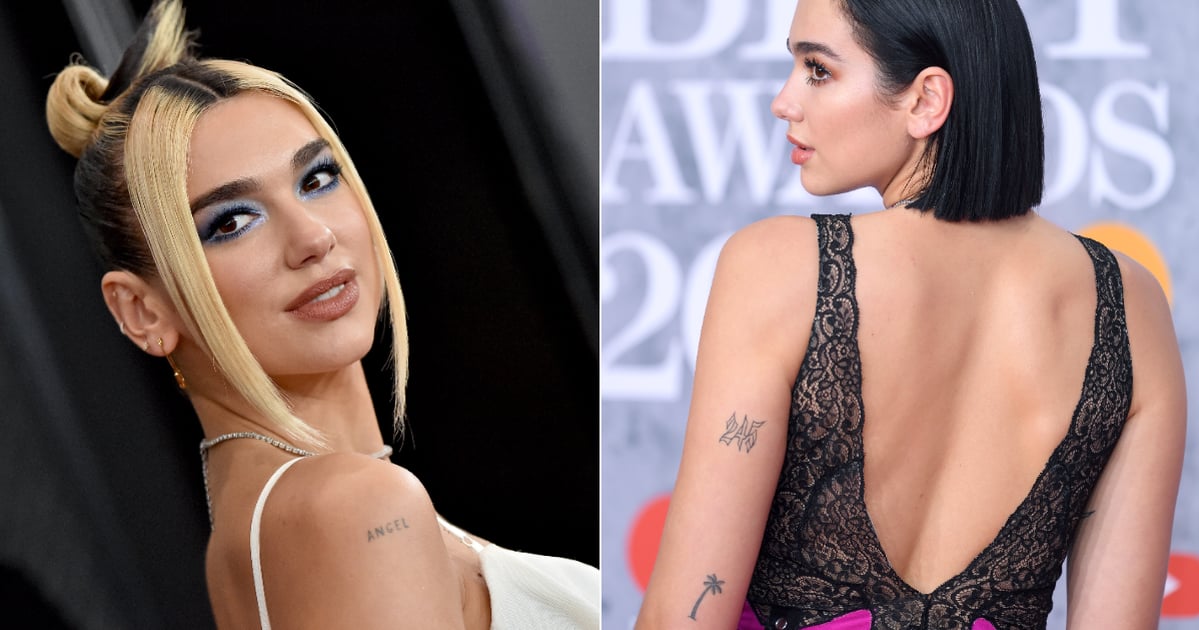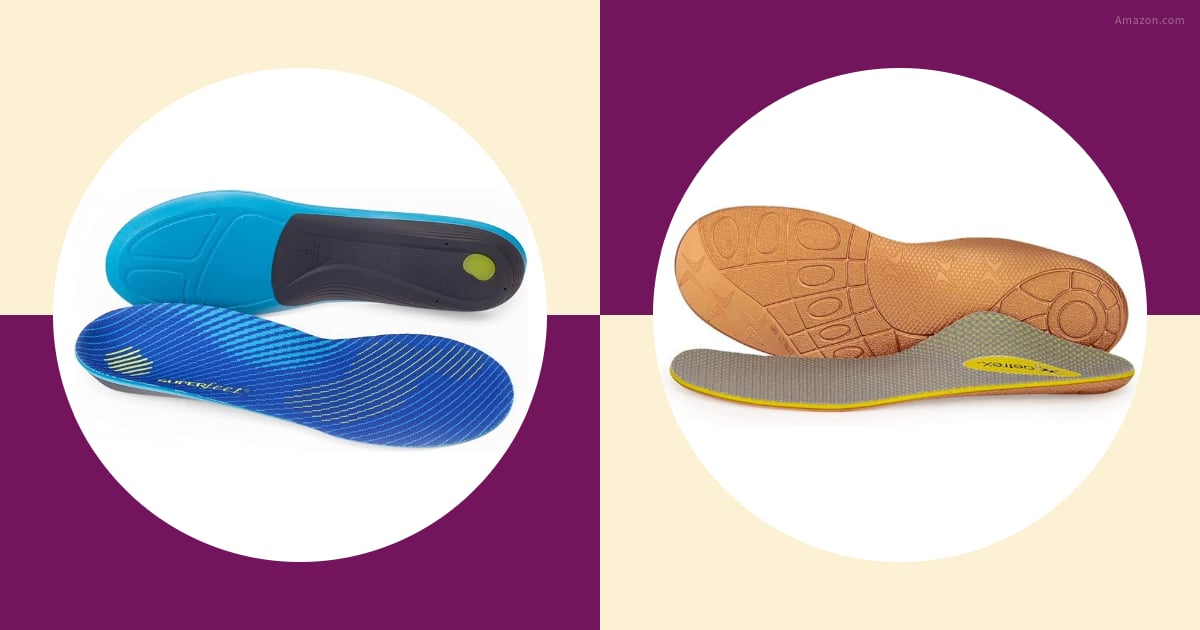New York Fashion Week officially kicks off Friday, and Willy Chavarria is the talk of the town. You can feel it in the energy at his Greenpoint studio, where he’s prepping for his show Friday night — it is his time.
With gender-blending at his core, Chavarria is conflicted about launching a separate womenswear collection, but teased the idea by tapping model Dilone for a WWD preview of his fall 2024 collection, which he describes as a mix of “Feud: Truman Capote vs. The Swans” and “Griselda,” Sofia Vergara’s new Netflix series about female cartel leader Griselda Blanco.
“Womenswear, womenswear, womenswear, what’s womenswear? Who’s a woman, who’s a man? we’re all swans, darling!” Chavarria smiles.
For fall, his new American power tailoring comes in luxe heritage tweeds. The houndstooth Staple blazer with exquisite shoulders that Dilone is wearing with a double breasted floor-length coat and Jalisco trousers is special enough to hang in the closet next to an Armani or Saint Laurent. An exaggerated tie-neck blouse in a wool check feels like an instant classic. And for the first time, he’s showing Willy Chavarria handbags with chunky gold “WC” logo hardware.
The culmination of decades of experience working at Ralph Lauren, Calvin Klein and elsewhere, he’s homed in on his brand signatures and is elevating them.

In 2023, Chavarria scooped up the CFDA Menswear Designer of the Year Award, the Designer of the Year Award at the Latin American Awards, and left his role as senior vice president of design at Calvin Klein to focus solely on his own nine-year-old business.
And he’s already off to a strong 2024. Wholesaling for the first time, his collection is now at Bergdorf Goodman, Saks Fifth Avenue and soon Maxfield and Dover Street Market. The influence of his Latinidad style, hourglass waist and broad shoulder tailoring, oversized workwear and Western touches could be seen on the men’s runways in Europe in January, from JW Anderson to Louis Vuitton.
“It’s flattering, but I just wish one of those houses would hire me and make it easy on themselves!” he laughs.
Hollywood has taken notice of his rise as well. Despite the fact that Chavarria doesn’t have money to pay for play, he’s long had celebrity attention, including from Madonna, Kendrick Lamar, Travis Scott and Sam Smith, among others. But awards season attention is next level, and the recent exposure from celebrity women in particular could push the androgynous trend even further in fashion.
For the Golden Globes, Billie Eilish wore his oversized black blazer, pin-striped shirt and wide-leg khaki shorts on the red carpet, and at the Grammys, she turned to him again for an oversized white shirt, black pants and necktie.

“Billie, she buys, which is great because a lot of people want it for free,” said Chavarria, reflecting on the reality that designers typically have to pay out of their own pockets to send clothes for celebrity consideration, only to often have the looks go unworn. “I actually just had to say ‘no’ to somebody really big. It would have cost me a fortune. It was a gown that would have cost me thousands of dollars to make, and during fashion week. I’m too small right now. I don’t have an atelier that can take this on, it would still be me doing it, taking the measurements and doing the pattern. I’m not there yet, but I will be.”
Lots of cool girls have been wearing his commanding men’s suits and outsized handmade silk flower corsages recently, including new style star Ayo Edebiri on a recent promo for “Saturday Night Live,” and Tracee Ellis Ross during the press tour for her holiday film “Candy Cane Lane.”
“You know, 30 percent or so of our customer base has always been female. And at our online store, definitely women shop. I’m not sure yet about wholesale, it’s still so structured — men’s floor, women’s floor. So until that changes, or at least until I officially launch a women’s line, it’ll be primarily men’s,” he said.
On the runway Friday night, Chavarria will debut leather accessories, including a giant boss briefcase that could be its own filing cabinet, a crossbody and a clutch, which are being made in the same Italian factory that Chanel uses. The prices, at least for the two smaller bags, he’s trying to keep under $2,000.
He’s also expanding his jewelry offerings, with baroque-looking pearl and stone cross necklaces and earrings that are “Lacroix but a little more Catholic,” said the Mexican American designer, whose parents were farmworkers.
On the wall in the studio there’s a tiny gold cross mounted next to a ponytail of Chavarria’s hair, which he recently chopped off. “It looks like a little baby hamster, people are praying to it,” he deadpanned.
In addition to global wholesale, he recently relaunched his website and started working with a distribution center, all things he’s had time to do since moving on from Calvin Klein in July.

“I’m happy with the impact that I had. And I’m happy moving forward to the next stages. I didn’t realize until after I’d left how much more time and energy I needed for my own brand. Looking back on it, I’m not sure how I did both.”
Chavarria, who has shown at famed New York leather bar The Eagle as well as the Marble Collegiate Church, uses the runway for social commentary. He has woven the stories of mass incarceration and immigrant labor into his collections, and integrated working class heroes — mechanics, altar boys, low-rider crews — into his work.
“What I offer is not just a wide-legged pant, or an oversized plaid shirt; it’s a window into a part of our culture that isn’t normally seen or offered,” he said. “Everything I do is political.”
The fall show, titled “Safe From Harm,” is being held in the same building as his studio, where he has 14 employees. “I want to give something back to the city and the people who have supported me, something that can live on after the show,” is all he’d say ahead of time. “All of it is to make everybody feel heard and seen and loved with respect and dignity.”
With this collection, he’s looking to continue to cultivate a wider customer range.
“I have a fan base that likes a huge wide leg. Now I’m offering a more narrow one, and some easier silhouettes so that more people can come into the brand and be a part of the vibe. And they don’t have to be a model on the runway.”
He’s currently courting investors to get to the next stage of growth. “I want to be a legacy brand and I want the luxury portion to continue but I always want to maintain a very low price point for the mass market, too,” he says, highlighting the importance of collaborations with Dickies and PacSun, among others.
“And it’s not so much that the brand will always be rooted in my culture as it will be rooted in the philosophy that everybody belongs.”
He points to the allure of the Telfar bag because it signifies equality for all. Similarly, Chavarria’s brand has a value system: “It’s an exclusivity of inclusivity,” he says.
“I think fashion needs heart and that’s what’s missing. That’s why we get bored of things and we see certain ads and there is nothing to them,” he says, referencing the Gucci ad on the back page of a magazine. “It’s when we see heart and soul that we stop and do a double take and fall in love.”



